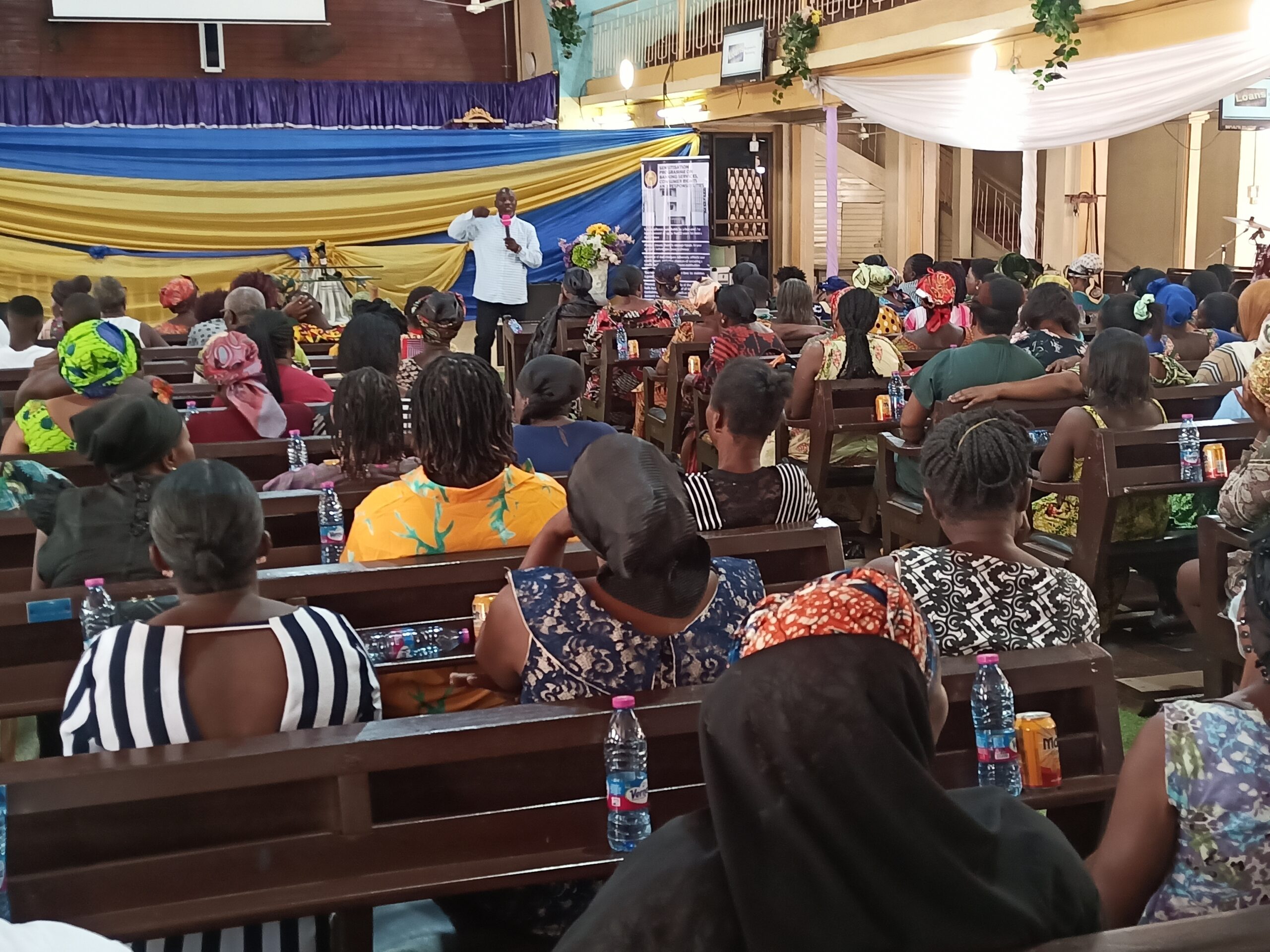
International Air Transport Association (IATA) last week appealed to India' new government led by Narendra Modi to slash taxes, restrain private airport operators from levying high charges and relax "excessive" regulations in the aviation industry to maximise India's full potential to generate economic growth.
Akbar Al Baker, Chief ExecutiveOfficer of Qatar Airways who is the President of the 70th International Air and Transport Association (IATA) assembly being held in Qatar said of India: "You are a great country, a sleeping economic giant. You have great opportunities and capabilities that very few countries have. But unfortunately, the previous administration did not make the maximum use of the hidden Indian potential."
"And for the aviation industry in India, the potential is so huge that even if you allotted capacity to every airline that is applying to fly to India, you will still have load factors in excess of 80%. So I would urge Prime Minister Modi's government to look at aviation as a very important tool to generating economic growth in India because it is only aviation that will bring you trade, tourism, in return bring more employment and bring economic prosperity for the Indian people who have up to now been deprived so much economic opportunities that they have in their country.
"To share a few, it would be to stop political interference in the industry, reducing excessive regulations, slashing of state taxes on jet fuel and to build the Navi Mumbai airport.â€
While Ghana's market is not as big as that of India, we can draw lessons from the appeal made in the areas of taxes, political interference, and support for domestic carriers.
Trade is one of the major allure for an airline to decide to fly a particular route. Air travel boosts trade by facilitating the movement of goods and people.
For instance, Accra and Kumasi represent two of the most populous and major trading hubs in the country. It then becomes imperative for domestic airlines to provide adequate air transport service on the Accra- Kumasi route to facilitate economic activities on that corridor.
However, a recent revision of the Value Added Tax (VAT) law that increased the VAT rate from 15 percent to 17.5 percent and expanded the scope to cover domestic air travel, analyst contend, will deter people from travelling and adversely affect the growth of domestic airlines.
Majority of the Ghanaian travelling public are warming to the idea of travelling by air between major cities in the country to save time and fast- track trade and business activities. As such, burdening domestic air travellers with more taxes will likely deter more people from travelling by air and erode gains made in positioning air travel as an option.
For instance, a one-way ticket from Accra to Kumasi that costs GH¢150 has an inherent tax of GH¢20, comprising a GH¢5 airport tax and GH¢15 fuel surcharge. Charging a VAT of 17.5 percent on such a ticket will bring the price of the ticket up to GH¢ 176.25.
Comparatively, making the four hour trip from Accra to the Ashanti regional capital Kumasi costs just about GH¢ 30 on a comfortable air-conditioned bus. This then becomes a cheaper option for the travelling public.
Indeed, this calls for a second look at the policy by the relevant ministries to ensure that domestic carriers, of which none is making profit at the moment, are given the room to develop and create the much needed jobs.
Another lesson that can be drawn from the IATA’s boss’s statement to India is support to the domestic aviation sector and linking the sector with the Ministry of Tourism’s quest to promote Ghana as a tourism destination of choice in a troubled region.
About 1.3 million international tourists visited Ghana in 2012. The sector generated approximately US$2.5 billion in revenue during the period under review.
There is also the untapped domestic tourism sector where the country stands to gain enormously if well developed.
One of the critical piece f the jigsaw is the aviation industry. Tourists want to easily commute from their home countries to their preferred tourism destination and to be able to easily move from one tourism destination, in a host country, to the other. Tourists look out for places with well developed and safe domestic airlines.
Upon arrival at the Kotoka International Airport (KIA), tourists will have to rely on domestic carriers to fly to places like Takoradi, Kumasi and Tamale all within a very short time frame. Given the bad nature of roads leading to prominent tourist sites nationwide, air travel becomes the immediate option.
What, then, can be done to support domestic carriers? The three domestic operators currently operating in the country need to be incentivized. The industry is both capital and labour intensive.It offers employment to hundreds of people--from catering companies, the cleaning agencies, fueling companies, travel and tour agencies, marketing and sales officers, as well as cabin crew.
A direct way offering incentives to encourage the growth of domestic airlines is to offer tax holidays proportionate to the number of people airlines directly employ.
Airlines also import spare parts to replace worn out parts of their aircraft and pay taxes on these. Domestic airlines can be exempted from the payment of such taxes so they can channel the monies finance other part of their operations.
Political interfere was partly to blame for the demise of Ghana Airways. The proposed establishment of a new international carrier has been hailed as a good move that will enable the country tap into the growing aviation sector in the Ghana. IATA’s appeal to India should embolden us to resist any attempt to revert to the bad actions--politicians asking for free tickets on personal and family trips, and bad management practices-- that eventually led to the collapse of the airline.
In sum, we must choose the hills wisely on which we must do battle
























Facebook
Twitter
Pinterest
Instagram
Google+
YouTube
LinkedIn
RSS